MAI QUYEN (According to AP, DW)
According to observers, Ukrainian President Volodymyr Zelensky's " diplomatic offensive" campaign in Japan has ended in victory, after Kiev received assurances of steadfast support commitments from the US and its allies in the Group of Seven (G7).
G7 and European Union leaders at a meeting with President Zelensky. Photo: AP
On May 21, President Zelensky met with the leaders of the United States, Britain, Italy, France, Germany, Canada and Japan as part of the G7 Summit. This is the first time Mr. Zelensky has come to Asia since Russia launched a special military operation in Ukraine in February 2022. According to expert Matthew Goodman at the Center for Strategic and International Studies in Washington, the direct appearance of the Ukrainian leader in Hiroshima emphasizes the centrality of the war in Eastern Europe to the G7. At the same time, it is also a pressure on wealthy democracies to provide more support or directly explain to Kiev why they are faltering.
Overall, President Zelensky’s calls at the summit were answered, with the G7 saying it would increase pressure on Russia through a new set of sanctions. The bloc also pledged to continue providing aid to Kiev. Earlier, the White House announced a $375 million aid package that included ammunition for HIMARS rocket launchers, artillery shells, anti-tank guided missiles and thermal imaging systems. At a press conference at the end of the summit, US President Joe Biden also endorsed a program to train Ukrainian pilots to fly F-16 fighter jets, which is seen as a foundation for the transfer of these fighters to Ukraine. Meanwhile, Canadian Prime Minister Justin Trudeau pledged Ottawa’s support for Kiev for as long as possible and continued training of the Ukrainian military. For his part, French President Emmanuel Macron praised Mr Zelensky's trip to Japan as "a path to peace ", while German Chancellor Olaf Scholz said that any peace plan must not only freeze the conflict but also make clear the message "Russia must withdraw its troops".
The Importance of the Southern Hemisphere
The need for Zelensky’s bold diplomatic move in Japan, observers say, reflects the difficulties on the battlefield in Ukraine, particularly Russia’s claim that it has taken control of the city of Bakhmut. While denying the reports, Zelensky acknowledged that the strategic region in the east has been reduced to rubble and “emptied” after months of brutal fighting. Against this backdrop, analysts say the visit to Hiroshima is an opportunity for Zelensky to send a message to hesitant and skeptical leaders in the global south.
One of the reluctant countries is India. Avoiding condemning Russia, New Delhi has increased its oil imports from Moscow for more than a year. But a few weeks ago, India’s demand for cheap oil and coal from Russia hit a snag when the two sides halted efforts to set up a bilateral trade mechanism using Indian rupees. And at a meeting on the sidelines of the G7 summit, Indian Prime Minister Narendra Modi pledged to President Zelensky that New Delhi “will do everything” possible to help end the conflict because war is “a human problem.”
According to Ian Chong, a political scientist at the National University of Singapore, Modi’s willingness to meet the Ukrainian president suggests that India may be rethinking its ongoing conflict. For Zelensky, the opportunity to meet Modi in person could open up the option of the South Asian nation acting as a bridge in negotiations with Russia, thereby reminding China that it is not “the only option on the table.”
Russia - China angry
In response to the G7's commitments to Ukraine, Russian Foreign Minister Sergei Lavrov criticized the entire summit in Japan as "propaganda" with a predominantly anti-Russian message. Russian Ambassador to the United States Anatoly Antonov noted that the transfer of F-16 fighter jets to Ukraine would raise questions about NATO's involvement in the Eastern European conflict. Earlier, Russian Deputy Foreign Minister Alexander Grushko warned that Western countries would face "great risks" if they provided F-16s to Kiev.
In a related development, Chinese Vice Foreign Minister Sun Weidong summoned the Japanese ambassador to protest what he called an exaggerated attempt to “smear and attack” Beijing at the G7 summit. In response, Japanese Ambassador to China Hideo Tarumi countered that it was “natural” for the G7 to address issues of common concern and asserted that the bloc would continue to do so as long as China did not change its behavior. Earlier, G7 heads of state expressed concern over China’s military activities in the East and South China Seas, and called for peaceful solutions to rising tensions in the Taiwan Strait.
Source link


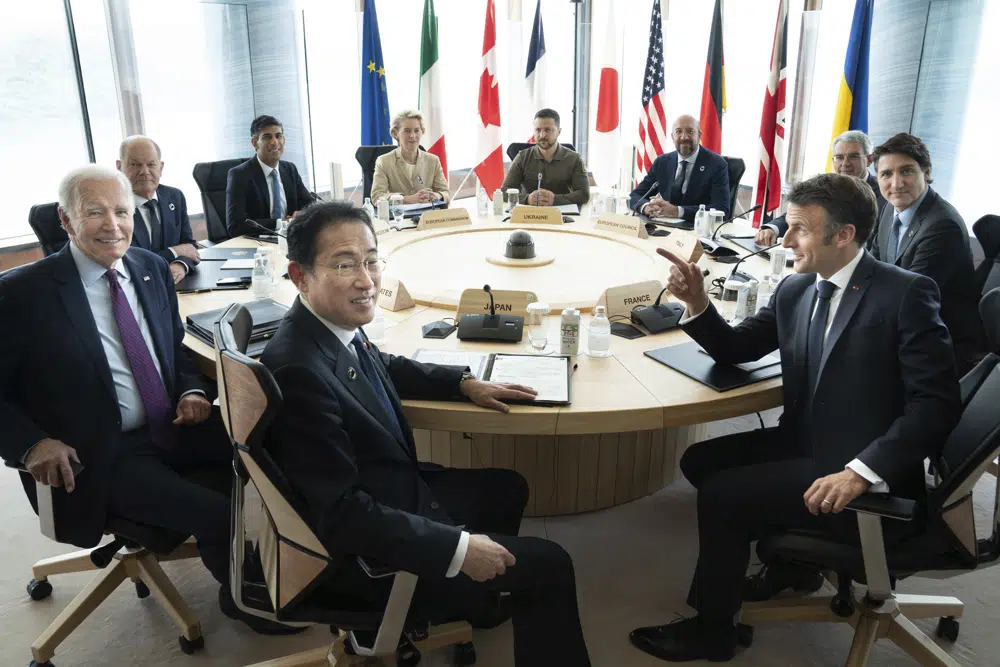
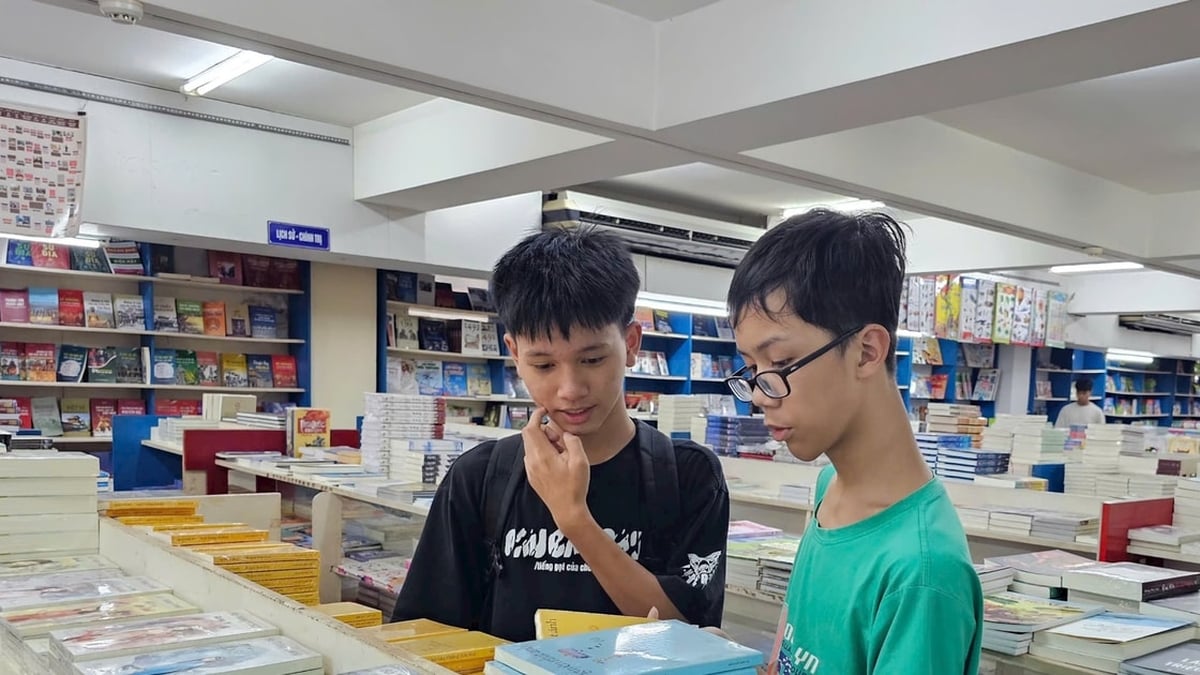

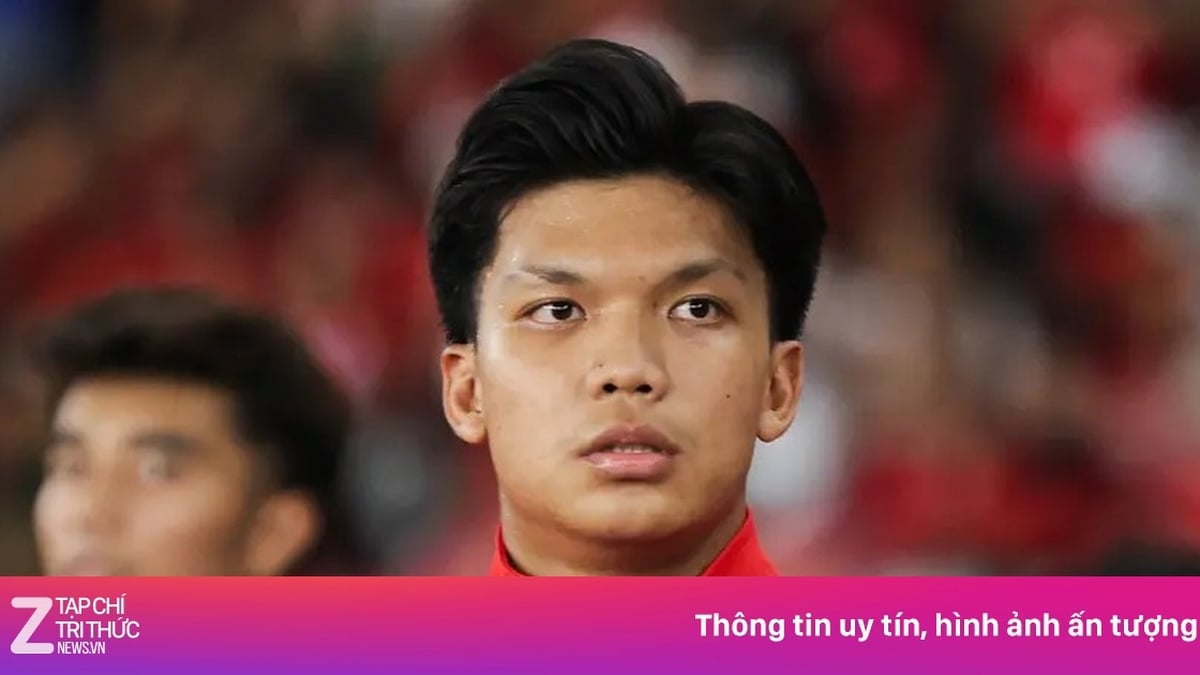
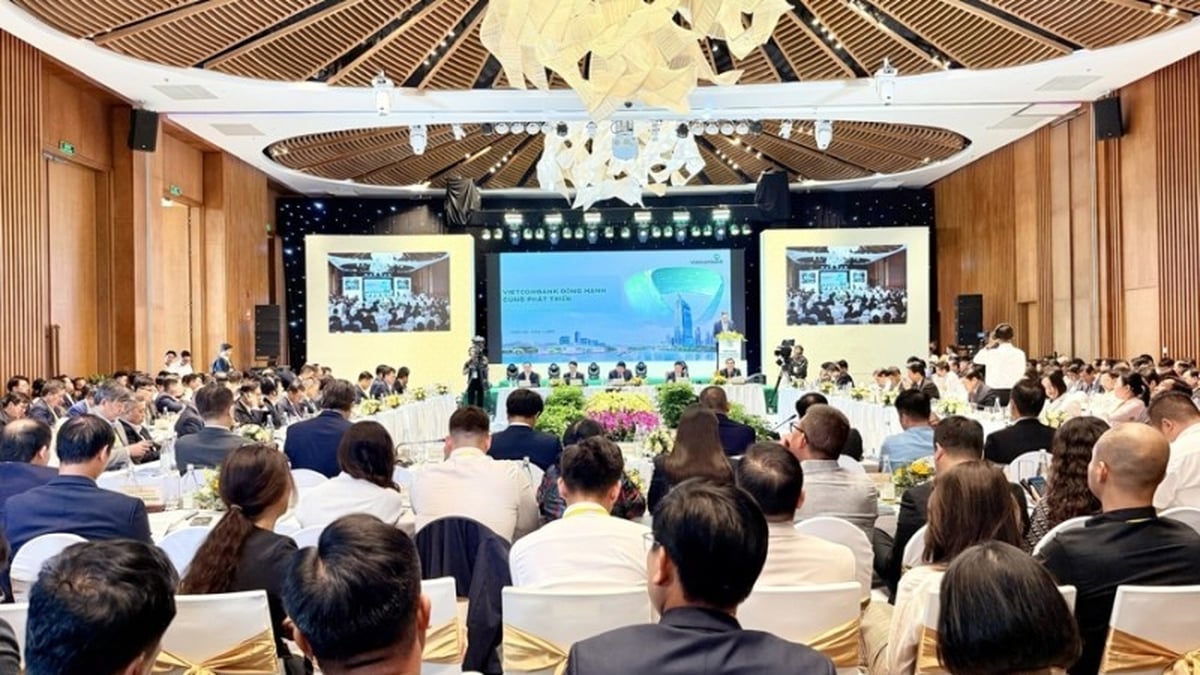


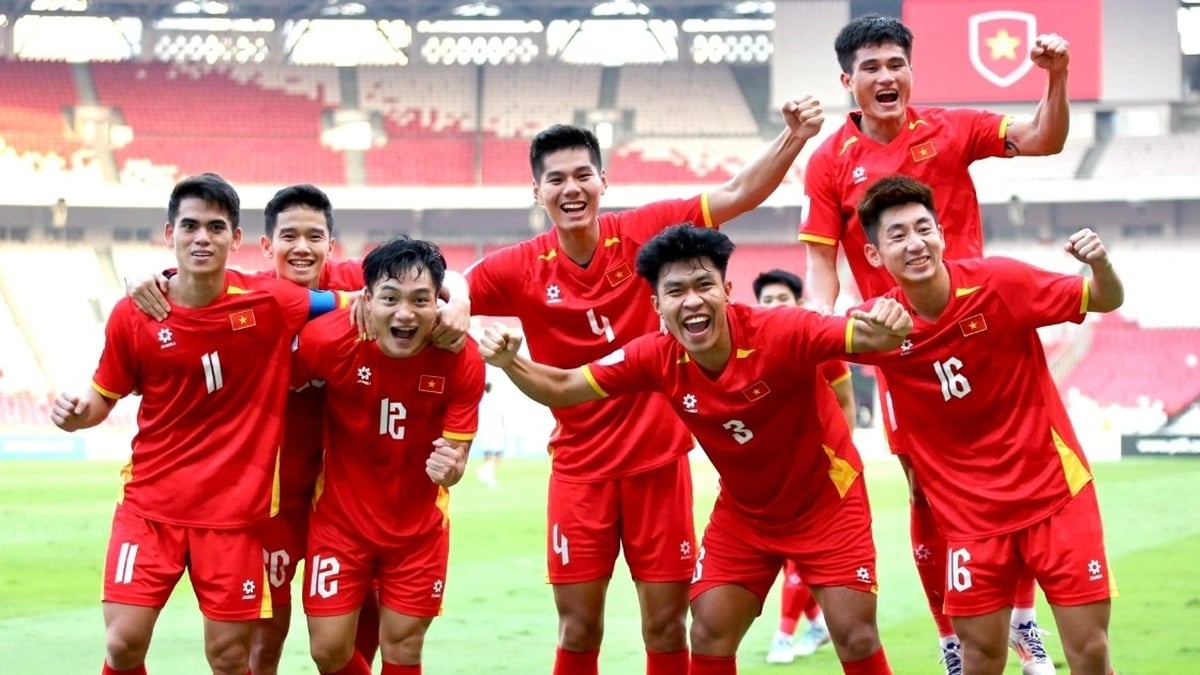
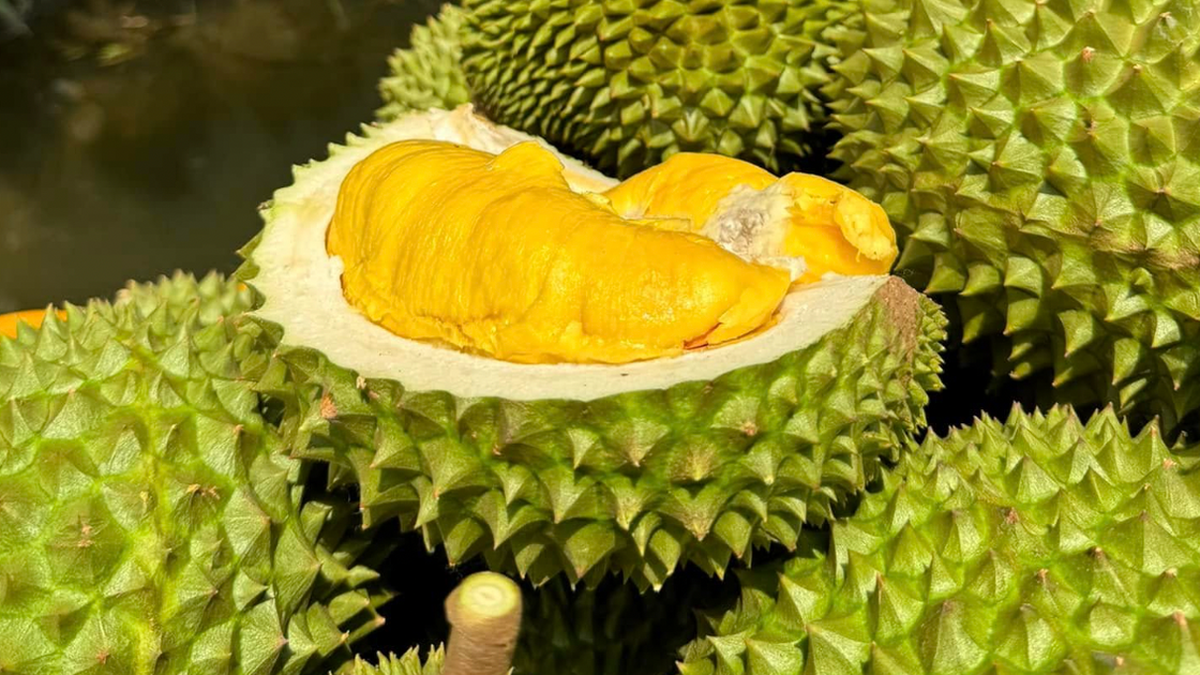
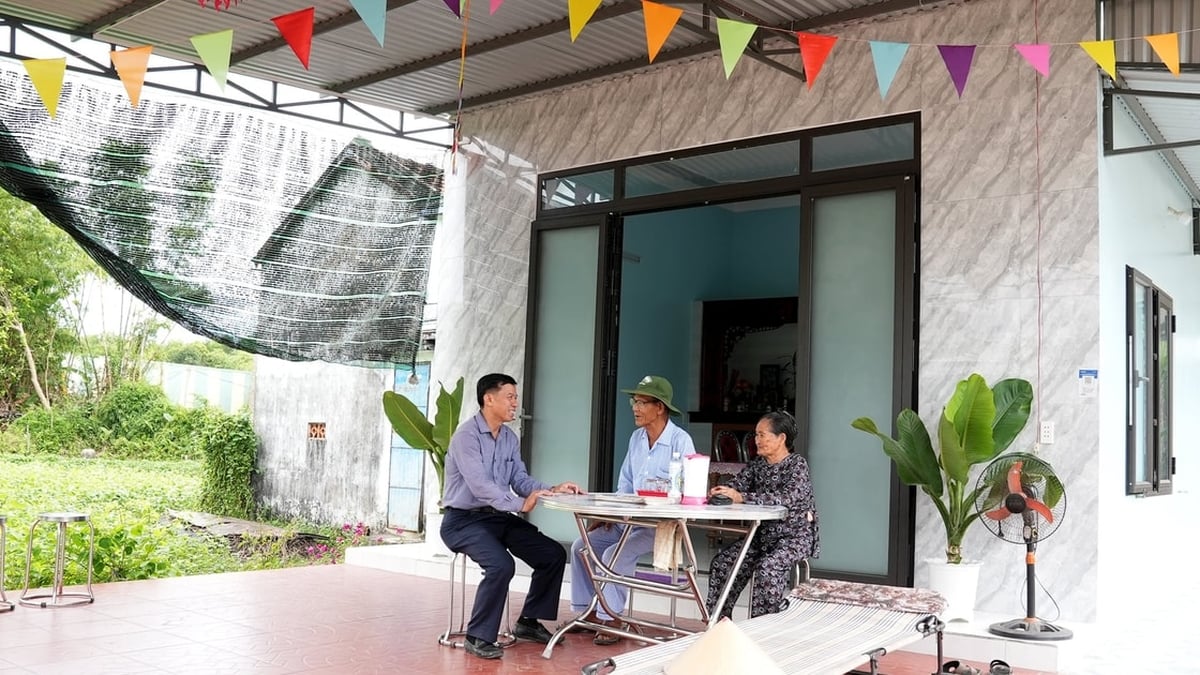












![[Photo] Signing of cooperation between ministries, branches and localities of Vietnam and Senegal](https://vphoto.vietnam.vn/thumb/1200x675/vietnam/resource/IMAGE/2025/7/24/6147c654b0ae4f2793188e982e272651)



































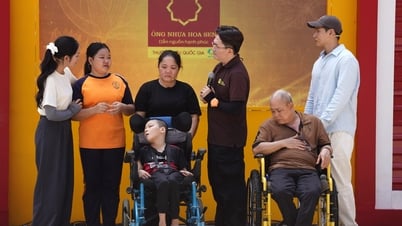





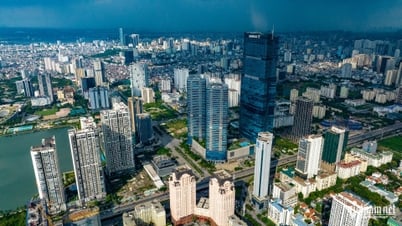

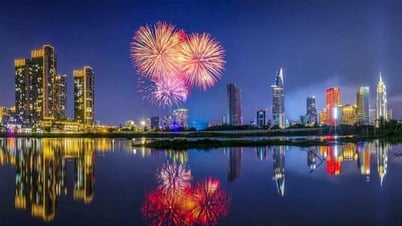
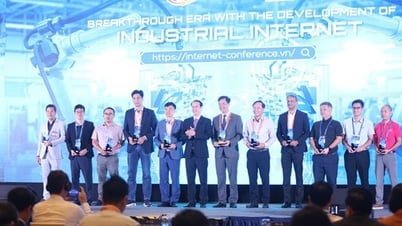

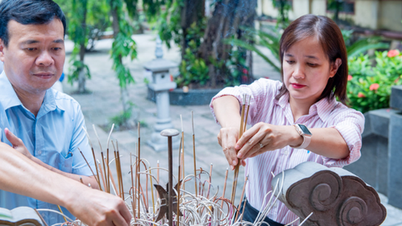
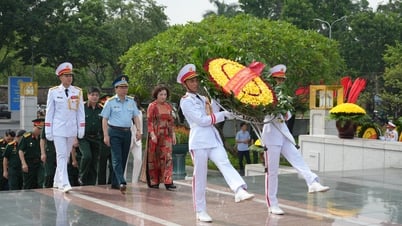

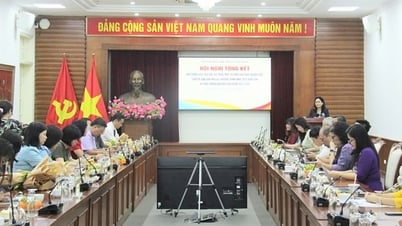


























Comment (0)